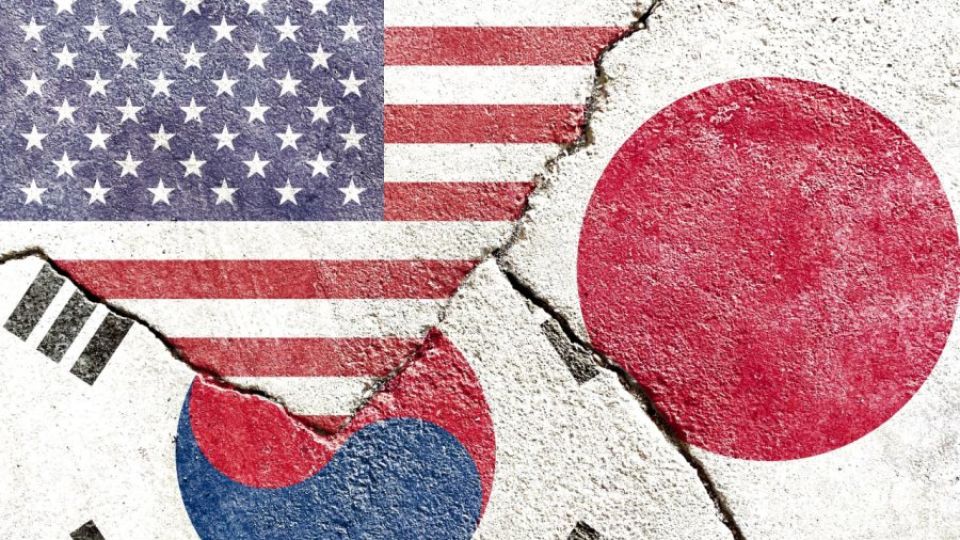August 25, 2023
SEOUL – Foreign Minister Park Jin and his US and Japanese counterparts agreed to look into individual sanctions on North Korea, following its failed second attempt Thursday to put a military reconnaissance satellite into orbit, during a phone call that took place hours after the launch.
The call is a “meaningful follow-up” to last week’s Camp David summit agreement for joint action on North Korea, an isolated country that defies United Nations sanctions prompted by its nuclear and weapons programs, the three top envoys said in a statement. The North is barred from using ballistic missile technology, also used in satellite launches.
Friday’s trilateral summit — the first time the South Korean, US and Japanese leaders met together on security ties as well as the first time US President Joe Biden hosted heads of state at the presidential retreat in Maryland — doubled down on coordinating responses to a nuclear-armed North Korea and an expansionist China.
“Park, US Secretary of State Antony Blinken and Japanese Foreign Minister Yoshimasa Hayashi agreed to meticulously work together on missiles and military exercises, which the three countries shook hands on at Camp David,” the statement added without details on the sanctions.
The three nations, which at Camp David decided to share real-time data on North Korea’s missile launches and conduct military drills while setting up a hotline, will soon reveal them, according to a senior official at the Foreign Ministry in Seoul.
President Yoon Suk Yeol, who was briefed on the launch by the National Security Council, instructed officials to share the NSC findings with Washington and Tokyo, his office said, adding that the Korean leader asked for preparations for further provocations from the North.
“Preparations had been underway among the three countries well before Pyongyang fired off that rocket,” a senior official at Yoon’s office said, declining to elaborate on when exactly such coordination took place. Another Yoon administration official added that a missile warning system, part of the Camp David agreement, is still being set up.
North Korea’s state media put out a statement, saying an error in the emergency blasting system during the third-stage flight led to the rocket failure. The official Korean Central News Agency said it would push for a third launch in October. Parts of the rocket crashed down about 600 kilometers east of the Philippines, according to Japan. South Korea’s military fielded a team to retrieve the debris.
The latest launch coincided with joint military drills Seoul and Washington are holding throughout this month. The two allies say they are meant to defend against potential attacks, though Pyongyang calls the exercises a rehearsal for invasion, blaming them for higher inter-Korean tension on the peninsula.
And North Korean leader Kim Jong-un wants a reconnaissance satellite to track US forces in the region, where South Korea and Japan host the bulk of America’s military personnel. Officials in Seoul believe Pyongyang’s satellite would be rudimentary at best, having looked into the debris it had salvaged from the North’s first spy satellite, which failed to reach orbit on May 31.
Kim’s regime fired off 70 ballistic missiles last year, an annual record that included eight intercontinental ballistic missiles capable of carrying nuclear warheads that could strike the US.


